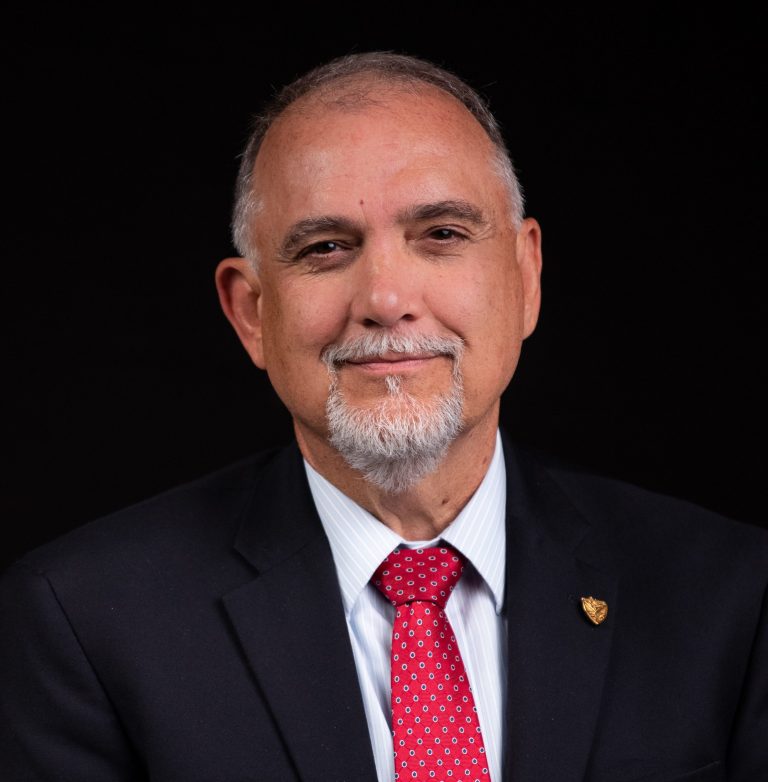Pastor Tom Ascol continues his series on the book of 2 Corinthians with a message entitled “Integrity in Ministry,” based on 2 Corinthians 1:12-2:4. A gospel minister’s stock in trade is truth. Any lack of integrity or truth hinders the work to which the minister has been called. It has ever been so. Today’s passage shows Paul effectively defending his integrity to the Corinthian church which apparently had listened to false charges leveled against him.
Paul lays out three arguments to support his point that a faithful gospel ministry, such as his, arises from the faithful gospel message. First, a faithful gospel ministry is characterized by by simplicity and godly sincerity. Frankness and purity of motives ought to be hallmarks of the ministry and message. Without boasting Paul points to his life and work which the Corinthians had witnessed for the eighteen months he lived and taught among them. Paul wrote similarly. He did not say one thing and write another. There was no deceit or duplicity. He was consistent. Paul also specifically addressed some of the false accusations, again relying on the manner of his life before them. Additionally, he looks to the future for further benefit in a fair judgment of Paul’s words and works. The Corinthians will rejoice in and with Paul in “the [coming] day of our Lord Jesus” (v. 14).
Paul’s second point is that the faithful gospel message centers on Jesus Christ. The message he preached was unambiguous. No other message or variation would suffice. It is only through the work of Jesus Christ on the Cross where He shed His blood as a sacrifice for sinners that men can enter into a saving relationship with God. There is no other name, no other work, no other way. The message is unchanging and was preached in Corinth, as it is here today, with simplicity and sincerity. As v. 20 teaches, “All the promises of God find their yes in him,” that is Jesus. Those promises include eternal salvation for those who come to Him.
Paul’s final point here explains both the message and the ministry of the gospel are determined by what God has done for us in Jesus Christ. God establishes His people. It is God who saves through Jesus Christ. Our salvation is completely God’s work. Are you seeking God’s mercy or have you turned away? God has done all the work. God has made the sacrifice.
God’s love for us, however, came at a sacrificial cost. Ministers should emulate that sacrifice, as should all Christians. True love for others requires great personal cost, a cost of putting the needs of others above our own needs and desires. Paul too serves as an example for us as this letter expresses personal hurt coupled with love for the saints. Paul does not lash out in hurt but reaches out in love seeking to explain the truth of a faithful gospel ministry. May it be that we believers will share the same humility and integrity as Paul in serving our Lord.























